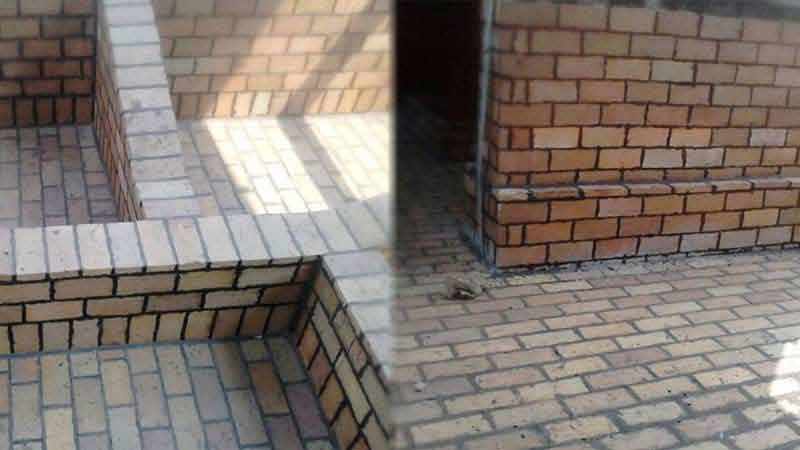
What is Acid Proof Brick Linings and What it Does?
There is frequently a high level of thermoelectric and mechanical stress in addition to chemical exposure in chemical process technological advances or exhaust gas clean-up. Even our tried-and-true lining devices require effective protection in extreme conditions like these to perform their duties safely and permanently. We provide this security by using a comprehensive set of acid-proof brick linings that are always tailored to the plant's different stresses and exposure.
It is a high-quality lining system that is used to prevent corrosion in large chemical plants. Bricks of various sizes are bedded and joined with acid-resistant cement. The blocks of cement used vary according to the chemical situation and relative humidity, up to their specific limitations. The acid-resistant brick lining is used where the highest chemical resistance is mandated, such as in the molecule, dyestuff, thermal power station, fertilizers, food manufacturers, and on locations such as floors, tanks, tank farms, drains, etc.
The brick lining is commonly used in flooring, collection pits, and channels. Chaudhary ChemiTreat brick linings are the ideal solution for high temperatures, severe chemical exposure, or electrical or abrasive stress. The highly considered sealing layer and bricklayer form a merged structure that is incredibly corrosion and wears resistant
Since the discovery of Corrosion Innovation, Acid Proof Bricks and Tiles have been the primary material used in all other anti-corrosive systems was developed over the years. Some of the key characteristics of Acid Resistant Tiles linings make them essential in today's world against new entities.
The following are the most notable characteristics of AR Brick Lining:
- Finishing touches that are smooth
- Longevity
- Chemical tolerance – acid, alkalis, solvents
- Maintenance is reduced.
Acid-resistant bricks are used in roofing and floorings that are sensitive to acid attack, as well as the lining of compartments and towers in chemical plants, the filling of sewers carrying industrial effluents, and to inhibit exterior deterioration by acids other than hydrofluoric and perchloric acids. Acid-resistant slabs are made up of raw components such as concrete of sufficient composition with low lime and iron material feldspar, flint, or sand, and are vitrified at elevated temperatures in ceramic kilns.
Where it is Needed: -
Acid-resistant tiles and bricks are used in a wide range of industries where chemical exposure is high.
- Food Processing Industries
- Plants for Pharmaceuticals
- Thermal Power Plant
- The Petrochemical Industry
- The Application Programming Interface (Active Pharmaceutical Ingredient)
- Plants for lining
- Lining made of dyestuff
- Steel Mills
Anti-corrosive tiles and bricks are used in a variety of applications, including floors, chemical storage facilities, reaction vessels, effluent treatment facilities, and drains. Normally, acid-resistant bricks are inserted with chemical-resistant mortars. They are available in a variety of sizes and shapes and are bedded and joined with acid-resistant cement.
The cement used is determined by the chemical situation and temperature, up to their specific limits. "Specialized equipment for the arch, corbels, coving cupola, and tongue-groove bricks is made of bricks resistant to acid.". Our standard thicknesses are 25mm, 40mm, and 75mm, but other thicknesses can be made to order.
We hope the content was helpful for you. If you liked it kindly share it with your friends, and colleagues for any such query you can contact Chaudhary ChemiTreat for better assistance.